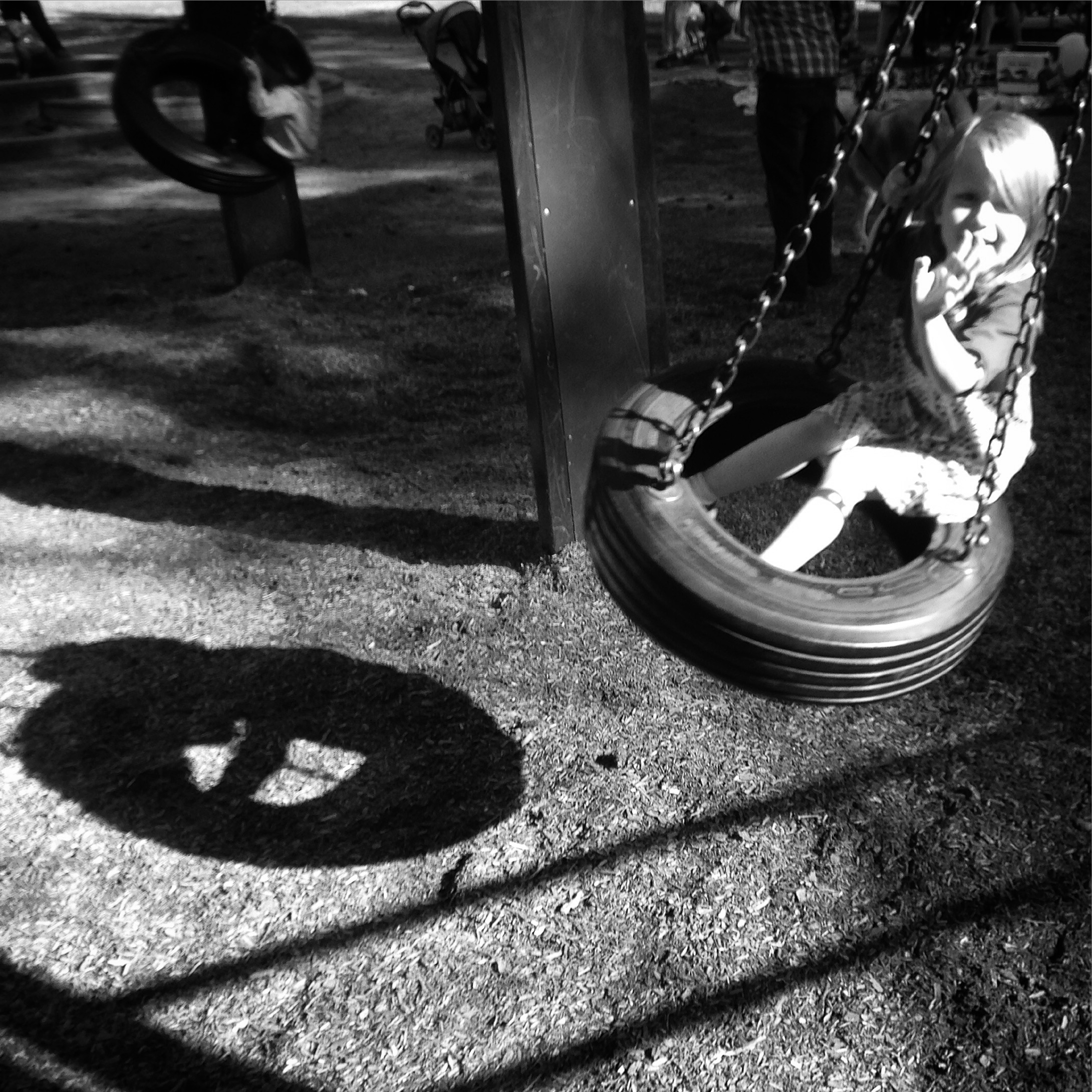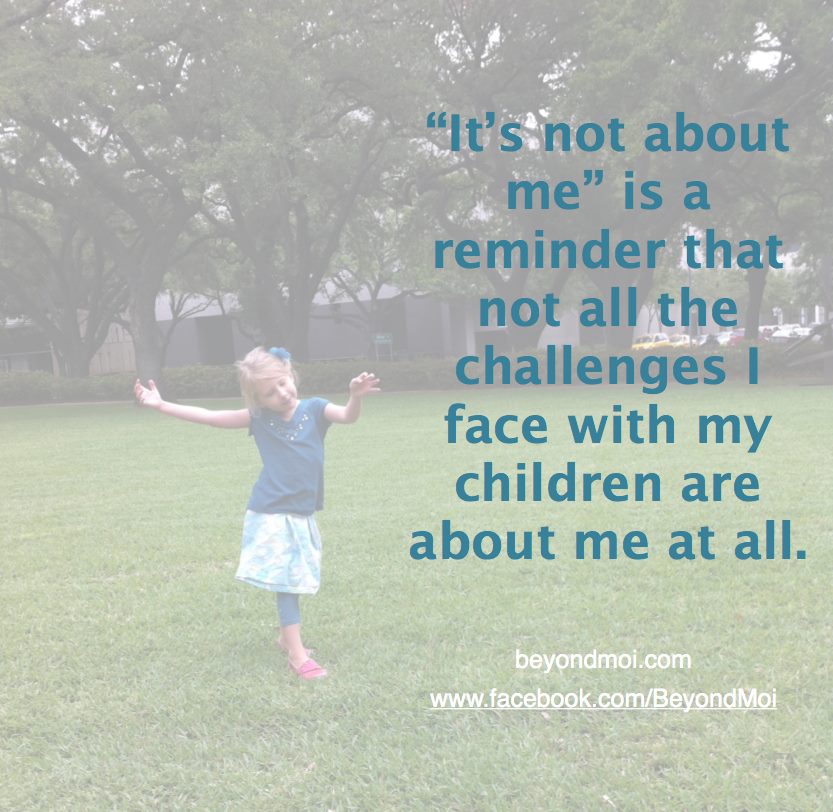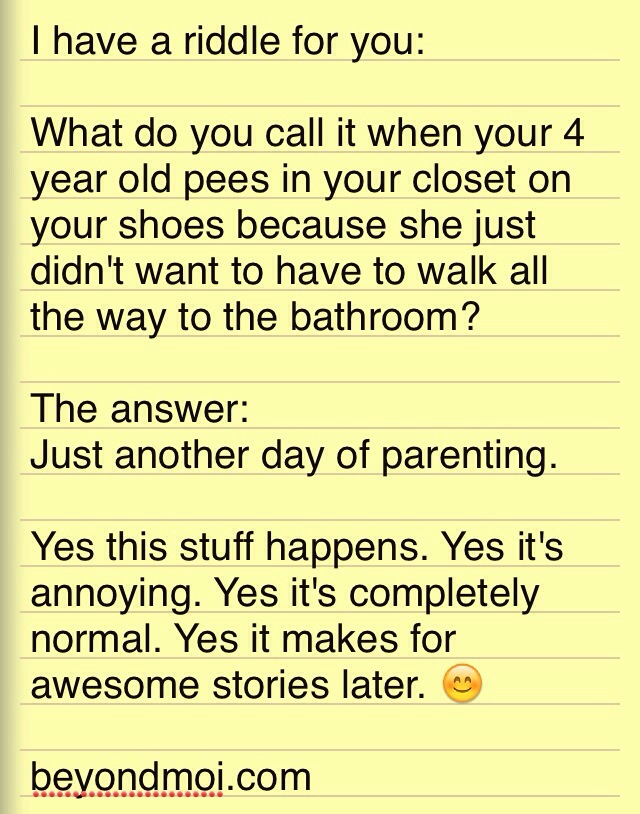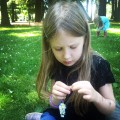 At what point should parents allow their children to get places on their own? What is the perfect age for kids to go to the local playground without supervision and play for a while? Or just go on a bike ride around the block?
At what point should parents allow their children to get places on their own? What is the perfect age for kids to go to the local playground without supervision and play for a while? Or just go on a bike ride around the block?
These are difficult questions, especially in an age when it feels like you are just as likely to have the police called on you for negligence as you are to get a nod of approval for letting your child have a little independence – until your child is old enough to drive, and then they can get themselves anywhere they want without judgment as long as they’re in a car. No judgment, but maybe a little fear.
The answer isn’t in determining a perfect age for each situation, because each child develops at their own rate. Your 9 year old may be mature enough, and wise enough, to play at the park without your supervision, but my 10 year old might not be. We’ve given up on age-specific rules in our family, and have switched to maturity and personality based rules. It’s a tough sell for some of our children who are much more attuned to what their bigger sisters got to do at specific ages.
For instance, once EarthBaby was dancing 5 days a week and longer hours in the evening and after one particularly stressful experience with scheduling and pick ups and who, what, when, and where, we determined that it made a lot of sense for her own security and our family’s peace of mind to allow her to have her own cell phone. She was 13, way younger than we had intended for her to have a phone, but with these circumstances it felt right. Naturally, when we were approaching Storyteller’s 13th birthday, she excitedly announced that she was finally about to get her own cell phone too!
Except that she wasn’t.
Because blah blah blah blah, wah wah wah, our reasons didn’t really matter, we clearly loved EarthBaby more than her and it Just. Wasn’t. Fair! How could we be ok with being so unfair?
That was tough. Explaining ourselves over and over again wasn’t fun. But she eventually accepted that her definition of fairness wasn’t healthy because it didn’t take into consideration the different maturity level, personality, and unique needs and circumstances of each person in the family. It started to sink in when we allowed her to read the 5th Harry Potter book at shortly before her 13th birthday; or rather, it sunk in when her little sister, Lolie, was about to turn 12 and proudly declared: “I’m so excited about my birthday, because I’ll be able to read Harry Potter 5!” To which Storyteller said: “No. You’re not ready for that.”
We told Lolie that we agreed with her big sister. Because blah blah blah, wah wah wah, our reasons didn’t really matter, we clearly loved Storyteller more than her and it Just. Wasn’t. Fair! How could we be ok with being so unfair?
Probably because we just love torturing our children by making everything we possibly can unfair (If you missed the sarcasm, please read that sentence again with a sarcastic tone).
Or it’s because we care more about each of our children’s personality and level of maturity than we do about some arbitrary age that’s supposed to fit every child ever born.
Which probably stems from our own experience of not fitting most arbitrary ages or proven stereotypes used to effectively measure how healthy and mature a person may be.
We’ve been living our lives all wrong for long enough to recognize that rules are only as valuable as they produce healthy results in people’s lives.
Many rules are based on generalizations and don’t take into consideration the individual person. In that way, a PG-13 rating makes perfect sense for many, but not all 12 yr olds, and some PG movies are too scary for our 7 yr old, while our 5 yr old handles them just fine. (This does not mean that movie ratings are meaningless and that you therefore are justified in bringing your young offspring to R-rated movies, or PG-13 movies for that matter. You CAN wait until they are available to rent on DVD or BLU-Ray, and if you have no one to leave your young ones with for the length of a movie, then that is exactly what you should do. But wait until they’re in bed and sound asleep to watch it.)
So at what age is your child ready to go to the park on their own?
Or go to the local convenience store to buy a candy bar?
Or to meet with friends at the Mall?
Or to take public transit to a very clear destination within a very clear time frame?
Or to watch Harry Potter V, or Marvel’s Avengers, The Hunger Games, or Carrie?
Or play Halo, or Call of Duty, or Minecraft, or Classic Pacman?
Or have their own smart phone or iPad?
Or read Divergent, or 50 Shades of Gray?
For us, it all comes down to the individual person. The individual child. How sensitive are they to frightening images? To intense situations? How mature are they? How do they sleep at night after various experiences? How naturally street smart are they? How is their intuition? Their perceptions in reading people? Do they tend to be tough or sensitive? How responsible are they? How often do they tell us what they think we want to hear vs what they need to tell?
One way to measure some of these things is through trial and error, unfortunately. We have allowed certain experiences to happen that we later regretted with our children. Like the time we thought it would be a positive experience for our young girls to watch Charlie’s Angels. What great models of female strength for our kids! Until one of them tried to jump kick her little sister.
No more violent movies for a while.
Conversely, one time was to let a then 11 year old who was upset about not being permitted to watch something to actual view it with us after explaining why we wanted her to wait. The agreement included participating in discussion of the film’s themes and scenes. Following the viewing, her immediate response was “You were right, I wasn’t ready to watch this and I’ll trust you in helping me select what to watch.” Today, that particular child is honest with herself and others about what she’s comfortable consuming in media and is skilled at evaluating her own boundaries with what she’s exposed to.
Another way to measure your children’s maturity is to include them in other activities, like setting and clearing the table for meals, or doing the dishes, or picking up their toys, or sweeping or mopping, or cleaning the toilet. Or washing their own clothes, folding them and putting them away. Or help with the garden.
One of our children loves to clean the bathroom. Another one loves to fold laundry. Another loves to do anything at all as long as it’s with a partner.
Their participation, or lack of participation, in those activities will tell you a lot as to their level of maturity, their personality, and what they can handle.
You may ask: what do chores have to do with riding a bike to the park? My enigmatic Miyagi-type response:
Get to know your children, trust your gut, and help them trust theirs.
It doesn’t hurt to stay informed: be aware of the trends, rules, and behaviors of our culture, and find out what contemporary scientists and psychologists are observing and learning from case studies. Use them as loose guides.
But mostly: Get to know your children, trust your gut, and help them trust theirs.
And when you’re wrong, take time to heal from the experience, learn from it and then continue getting to know your children, trusting your gut, and helping them trust theirs.
~ Jeremy






